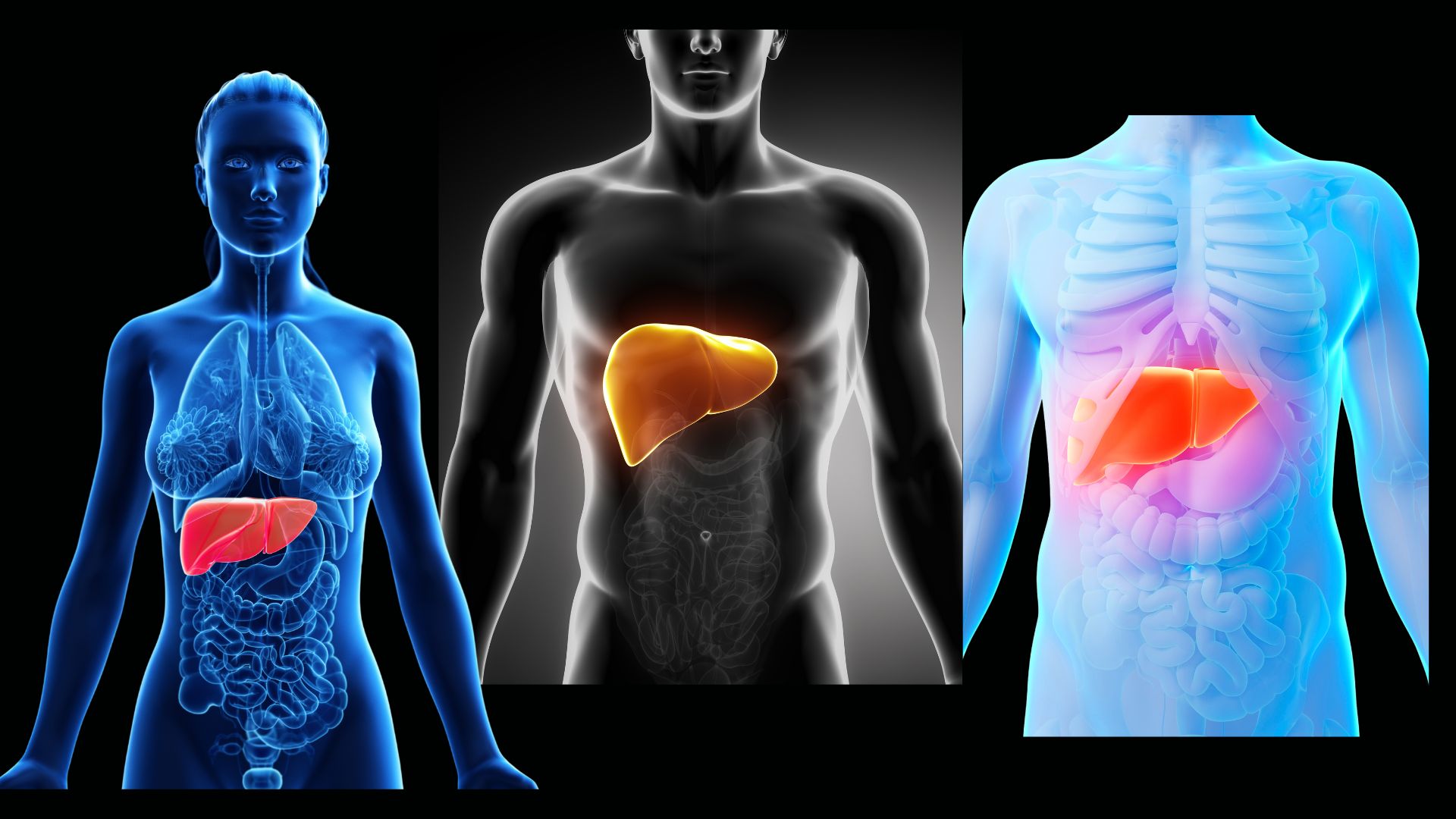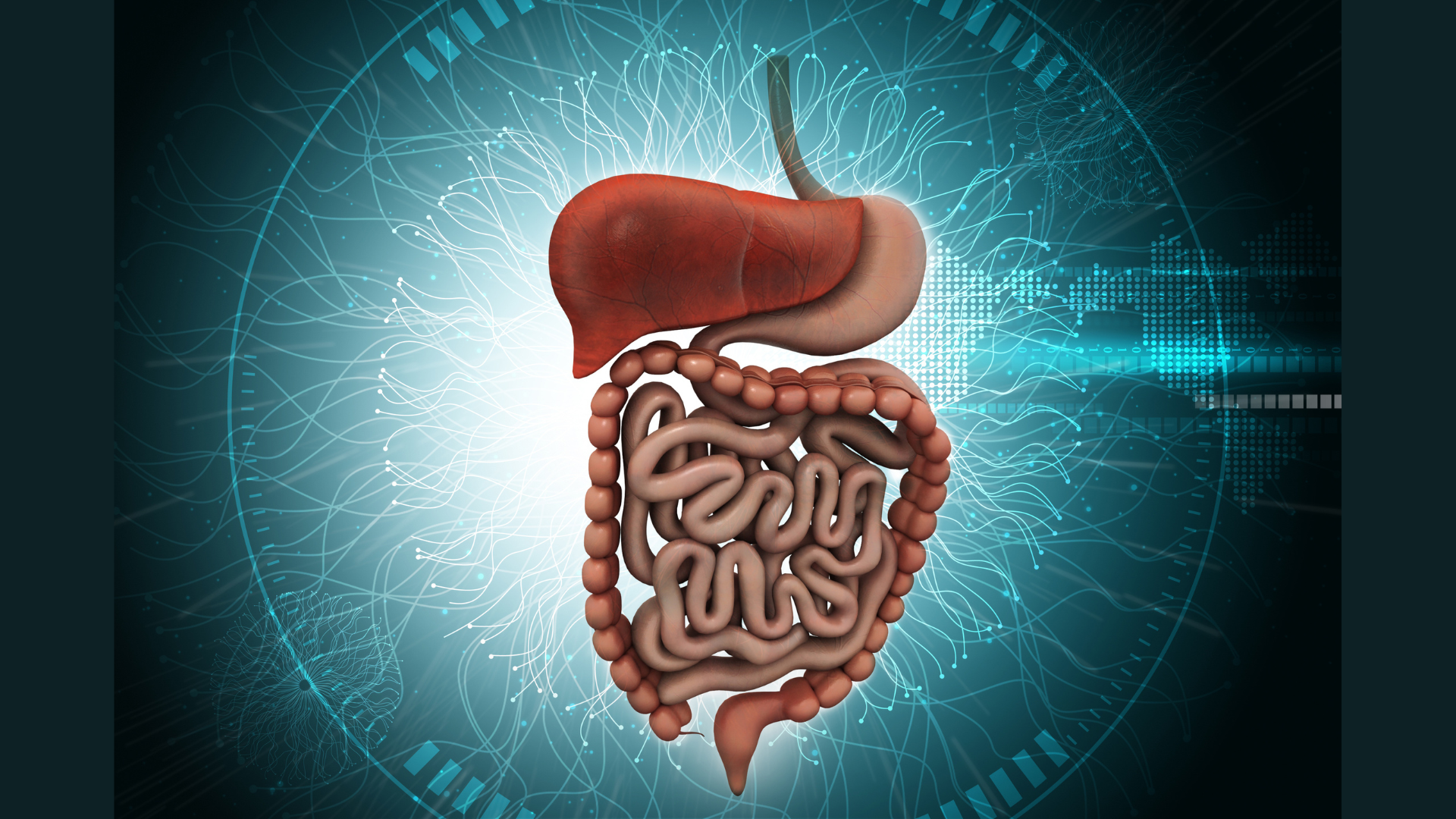How to Detox Your Body
How to Detox Your Body
“The concept of detoxifying the body has gained immense popularity in recent years, with many individuals seeking ways to cleanse their systems and improve overall health. However, it is essential to understand that the human body already possesses sophisticated mechanisms for detoxification. These natural processes are supported by various organs and biological pathways that work together to eliminate toxins and maintain optimal health.”
And now for the truth...
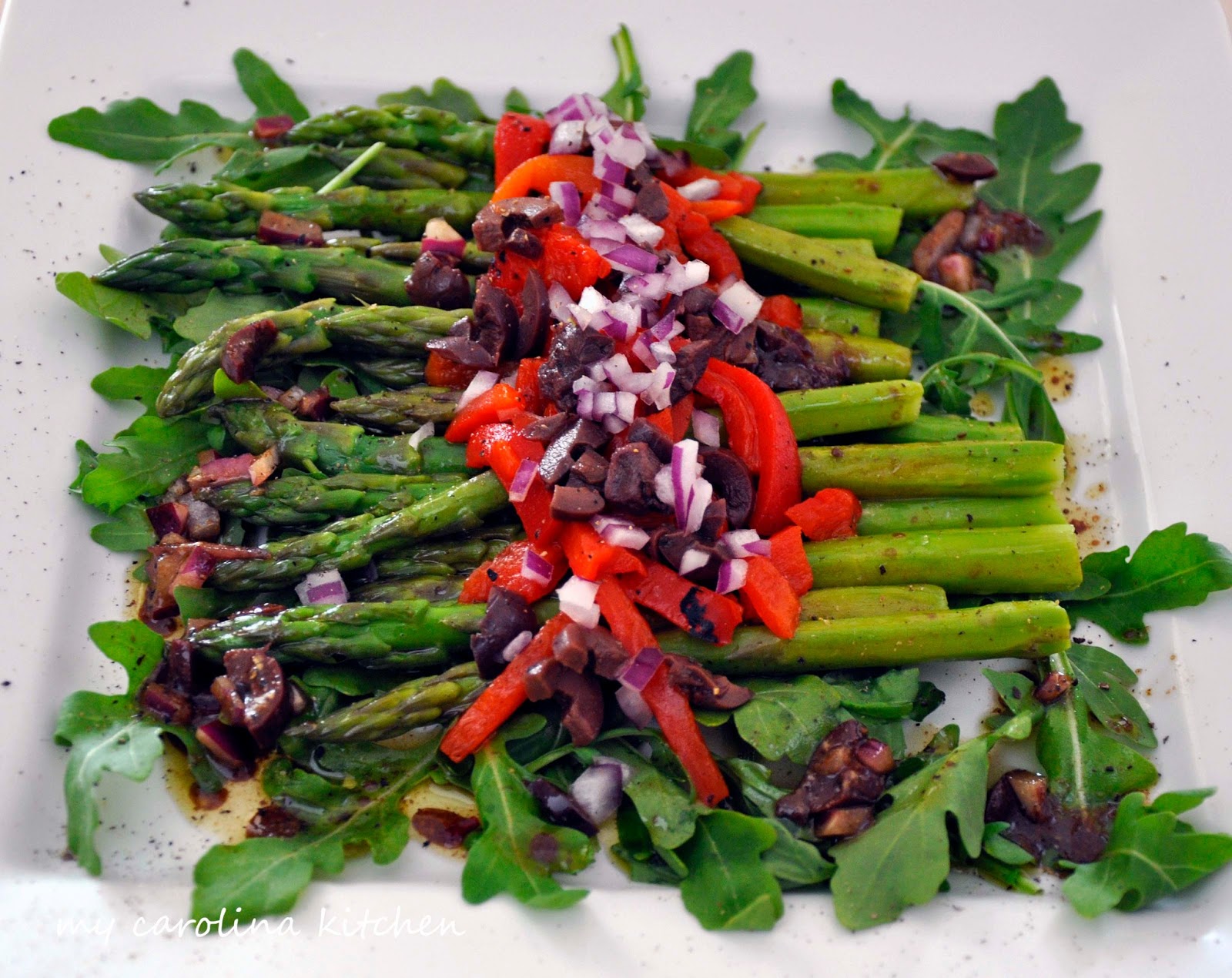
The above paragraph is an AI generated excerpt about the current and accepted paradigm about body detoxification by those in the medical community. But there’s a problem with this way of thinking; this is only how the body is supposed to work and disregards the external forces that interfere with our natural processes.
Our bodies are designed to detoxify and cleanse, and while the above statement claims, “These natural processes are supported by various organs and biological pathways,” the processes need to be supported by our efforts. Lifestyle and environment play a major role in how well our bodies do what they are supposed to do, from weight gain to degenerative disease, our bodies need help to “do the right thing.”
Luckly for us, while we may not have control over parts of our environment or the degradation of our food supply, we do maintain a lot of control over how we use diet, exercise and other lifestyle factors to support our health, including our body’s ability to detox and cleanse. In this article, I will break down for you how to detox your body both safely and effectively at home. But first, the science…
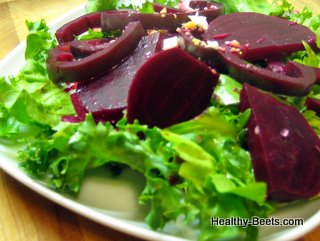
The Science of Natural Detoxification
The Liver: The Central Detoxification Organ
The liver plays a crucial role in detoxification by breaking down and neutralizing toxins. It performs this function through two main phases:
- Phase I: Oxidation - During this phase, liver enzymes, primarily from the cytochrome P450 family, modify toxins to make them more water-soluble. This process often involves oxidation, reduction, or hydrolysis reactions.
- Phase II: Conjugation - In this phase, the modified toxins from Phase I are conjugated with various molecules (such as glutathione, sulfate, or glucuronic acid) to enhance their solubility and facilitate their excretion through bile or urine.
The Kidneys: Filtering and Excreting Toxins
The kidneys are responsible for filtering blood and removing waste products and toxins through urine. They play a vital role in maintaining fluid and electrolyte balance, regulating blood pressure, and excreting metabolic byproducts such as urea and creatinine.
The Lungs: Expelling Volatile Compounds
The lungs help eliminate volatile toxins, such as alcohol and certain solvents, through exhalation. Additionally, they play a crucial role in exchanging gases, ensuring that oxygen is delivered to tissues and carbon dioxide is removed from the body.
The Skin: A Barrier and Detoxification Organ
The skin is the body's largest organ and serves as a protective barrier against environmental toxins. It also participates in detoxification through the sebaceous glands and sweat glands, which excrete waste products and help regulate body temperature.
The Gastrointestinal Tract: Processing and Eliminating Toxins
The gastrointestinal tract plays a critical role in detoxification by breaking down and absorbing nutrients while preventing the entry of harmful substances. The liver's bile secretion aids in the digestion and excretion of fat-soluble toxins, while the gut microbiota metabolizes and neutralizes certain compounds.
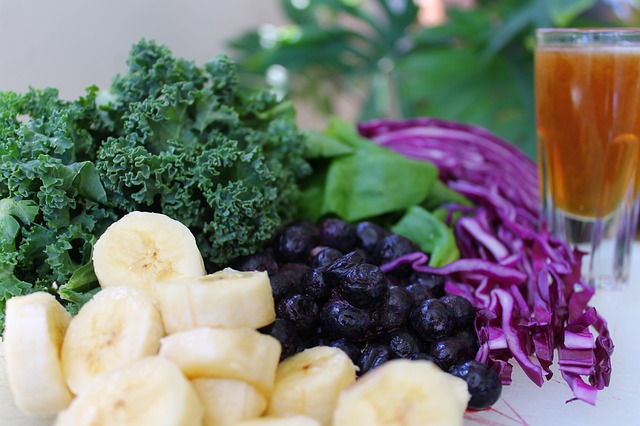
How to Detox Your Body - Evidence-Based Methods
While the body is naturally equipped to detoxify itself, certain lifestyle practices and dietary choices can support and enhance these processes. Here are some evidence-based methods to promote the processes to help you learn how to detox your body at home:
Stay Hydrated - Adequate hydration is essential for optimal kidney function and the elimination of toxins through urine. Water also supports digestion, circulation, and temperature regulation. Also consume herbal teas, very diluted fruit juice (no added sugar) and vegetable juice to ensure an intake of electrolytes and nutrients to support the detox process. Aim to drink at least eight glasses of water daily, as well as herbal teas, fresh made juice and water-rich fruits and vegetables.
Focus on a Diet that Support Detoxification - A diet rich in fruits, vegetables, whole grains, lean proteins, and healthy fats provides essential nutrients that support detoxification. Specific foods can enhance detoxification pathways:
- Cruciferous Vegetables - Vegetables like broccoli, Brussels sprouts, and kale contain compounds that induce Phase II detoxification enzymes.
- Garlic and Onions - These allium vegetables contain sulfur compounds that support liver detoxification.
- Fruits and Berries - Berries, citrus fruits, and apples are rich in antioxidants and fiber, aiding in detoxification and gut health.
Engage in Low-Level Physical Activity - Exercise promotes circulation, enhances lung capacity, and supports lymphatic drainage. It also helps maintain a healthy weight, reducing the burden on detoxification organs like the liver and kidneys. Aim for at least 150 minutes of moderate-intensity aerobic exercise per week.
Support Gut Health - A healthy gut microbiota is essential for detoxification and overall well-being. Support gut health by consuming probiotics from fermented foods like yogurt, kefir, sauerkraut, and kimchi as well as prebiotic-rich foods such as garlic, onions, asparagus, and bananas. Additionally, maintain a high-fiber diet to promote regular bowel movements and the elimination of waste.
Rest – The processes of body cleansing and detoxification are labor intensive – not externally, but internally as our organs work harder to neutralize and eliminate the daily intake of toxins along with the excess, built up waste that it removes during a formal detox program. The body performs many repair and detoxification processes during sleep, so striving to get 7-9 hours of quality sleep per night will support your body’s efforts.

Scientific Research on Natural Detoxification
Several studies have explored the mechanisms and effectiveness of natural detoxification processes. Research highlights the importance of specific nutrients and lifestyle factors in supporting these pathways:
Antioxidants and Detoxification
Antioxidants play a vital role in neutralizing free radicals and reducing oxidative stress, which can damage cells and impede detoxification. Key antioxidants include vitamins C and E, selenium, and polyphenols found in fruits, vegetables, and green tea.
Glutathione: The Master Antioxidant
Glutathione is a powerful antioxidant and a critical component of Phase II detoxification. It conjugates toxins, making them more water-soluble and easier to excrete. Foods rich in sulfur-containing amino acids, such as garlic, onions, and cruciferous vegetables, support glutathione production.
The Role of Fiber in Detoxification
Dietary fiber binds to toxins in the digestive tract, facilitating their elimination through feces. It also supports bowel regularity and gut health. High-fiber foods include whole grains, legumes, fruits, and vegetables.
Potential Detoxification Benefits of Fasting
Intermittent fasting and time-restricted eating have gained attention for their potential detoxification benefits. These practices may promote autophagy, a cellular process that removes damaged cells and recycles their components. However, it is essential to approach fasting with caution and consult a healthcare professional before making significant dietary changes.
Conclusion - How to Detox Your Body
Detoxifying the body is a natural and ongoing process supported by various organs and biological pathways. While the body is inherently capable of detoxification, certain lifestyle practices and dietary choices can enhance these processes and support overall health. By staying hydrated, consuming a balanced diet, limiting exposure to environmental toxins, engaging in regular physical activity, supporting gut health, and prioritizing sleep and stress management, individuals can promote natural detoxification and improve their well-being.
Understanding the science behind natural detoxification empowers us to make informed choices that support our body's inherent ability to cleanse and renew itself. Embracing evidence-based methods and maintaining a healthy lifestyle can lead to lasting benefits and a healthier, more vibrant life.
|
Which Body Detox is right for you |
10 Best Body Cleanse Practices |
Cleansing Juice Recipes and Benefits |





